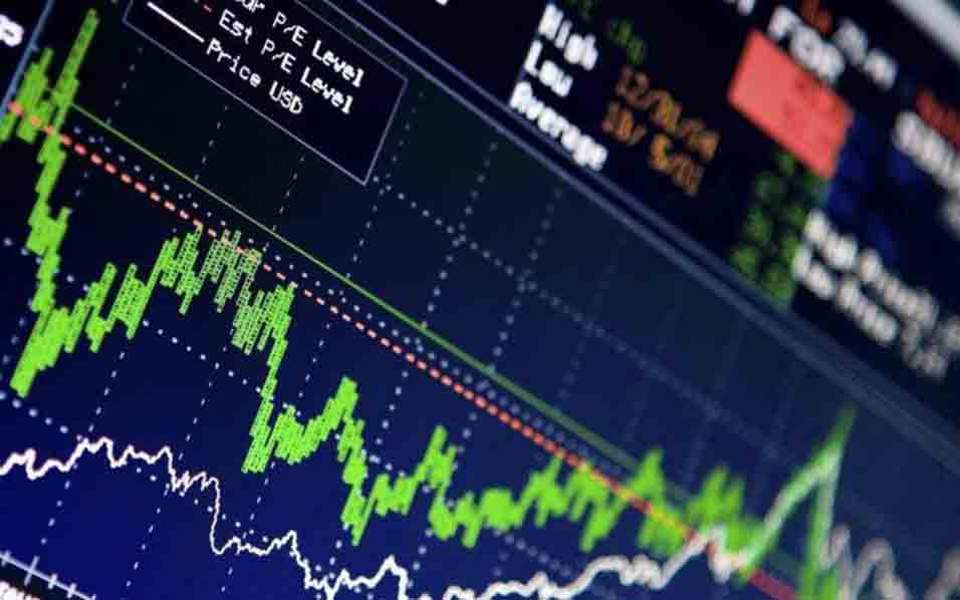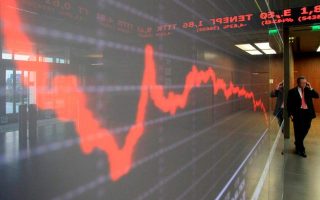Greece returns to bond market after three-year hiatus

Greece sold debt to private investors for the first time in three years on Tuesday, a significant step towards gaining financial independence and exiting its third international bailout next year.
The deal comes a month after eurozone finance ministers signed off on a new loan and sketched out measures to chip away at Greece's debt mountain after the current bailout finishes in August 2018.
Athens says Tuesday's sale of a new five-year bond is a test run to ensure Greece can rely on market funding next year. A tender of old bonds run alongside the sale will help lower its repayments in the years following its bailout exit.
The deal did not initially attract as much demand as the country's brief foray into markets in 2014, but it looked set to be successful and price at what investors said was a very competitive level with a yield below 5 percent.
"It's extremely positive that they have come below 5 percent. Greece is now able to fund itself," said Louis Gargour, chief investment officer of hedge fund LNG Capital, who said he was considering buying the new bond.
Analysts said some investors would be put off by Greek government bonds having the lowest credit rating in the eurozone and not being eligible for purchase by the European Central Bank under its quantitative easing scheme.
When Greece sold 3 billion euros of five-year bonds with a coupon of 4.75 percent in 2014, demand reached over 20 billion euros from 600 investors.
It followed that with another sale a couple of months later, but then quickly lost market access again as a newly-elected leftist government quarrelled with creditors over debt relief.
That experience, and the lingering concerns around Greece's debt mountain which stands at 180 percent of economic output, may have dented demand somewhat this time, analysts said.
Thomson Reuters market news and data service IFR said on Tuesday that 5.5 billion euros of interest had been declared from investors looking to buy the new bond outright or switch from the older issue.
"Given Greece's fundamentals, the problem with this bond sale is that it fuels speculation about investor willingness to lend to an almost insolvent country," said ABN AMRO senior fixed income analyst Kim Liu.
"Regardless of the success of the deal, debt to GDP levels of Greece will still be at high levels."
Turning a page
Europe's economics commissioner, Pierre Moscovici, said on Tuesday he was confident Greece was "turning a page" from its economic crisis.
The bond sale is also emblematic of the recovery of the eurozone as a whole, coming some five years after European Central Bank President Mario Draghi brought the bloc back from the brink of splintering with a pledge to do "whatever it takes."
The International Monetary Fund, which has lent financial support to Greece alongside the European Union and the ECB, upgraded its 2017 gross domestic product (GDP) growth projection for the eurozone and pointed to "solid momentum".
Greece's comeback has been timed to take advantage of its borrowing costs hitting seven-year lows.
In a note on Tuesday, Barclays chief European economist Antonio Garcia Pascual said the deal was timely for other reasons as well. These include the government's primary surplus and official funding support, improving economic conditions, limited political risks and debt relief that will likely be delivered later this year or next.
[Reuters]





